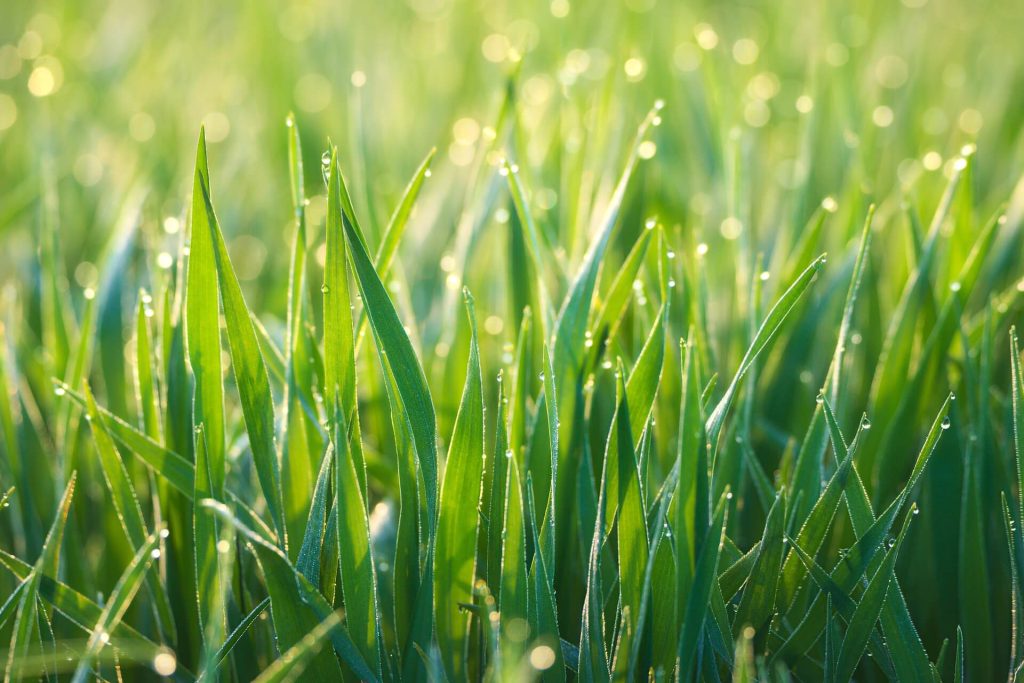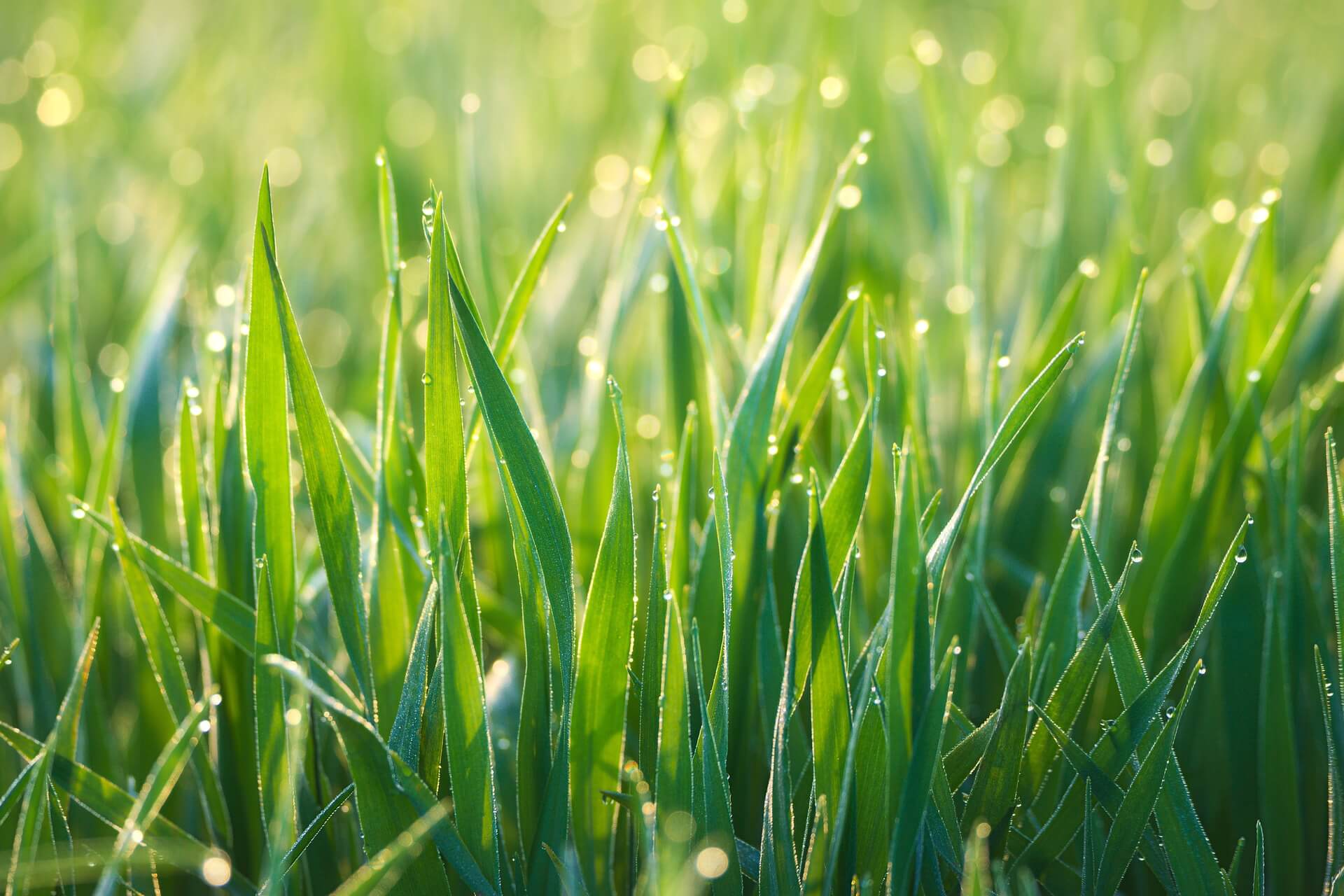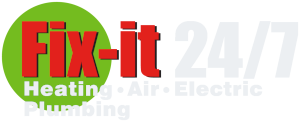5 Groundwater Protection Tips | Protect Your Groundwater Day

This September 4th is Protect Your Groundwater Day (#PYGWD), sponsored by the National Groundwater Association. August is also National Water Quality Month.
It’s a great time to learn about the importance of groundwater in our lives and what you can do to become a groundwater protector and advocate. We also use this event to encourage homeowners to conduct yearly water well and septic tank testing and maintenance.
Groundwater Facts
Did you know that over 50% of all Americans and more than 95% of all rural Americans get their household water from groundwater sources? Additionally, groundwater is used for around half of all agricultural irrigation and one-third of industrial water needs (EPA).
Here are some additional groundwater facts from NGWA:
- Americans use 6 billion gallons of groundwater each day.
- Groundwater is 20-30 times larger than all U.S. lakes, streams, and rivers combined.
- More than 2 million households have their own well, representing 34 million people.
Shareable Social Media Graphics
Unfortunately, groundwater can become contaminated, which is why there are federal, state, and local groundwater protection programs in place.
As a citizen who uses this resource, you are directly affected by the success or failure of groundwater protection programs. Additionally, individuals like yourself can directly impact your community’s groundwater protection efforts.
5 Groundwater Protection Tips – What You Can Do to Protect Groundwater
While the most important and far-reaching prevention methods happen on the federal and state level, groundwater protection starts with the individual. If everyone disposed of contaminants properly, there would be no need for all these water quality protection programs.
You may be surprised just how much of an impact your individual habits affect your community’s water quality. Many business and household products contain hazardous or toxic substances. Things like motor oil, pesticides, paints, mothballs, flea collars, household cleaners, medicines, fertilizers, and pesticides.
While you may think the amount of hazardous substances you dispose of is insignificant, multiply your use times the number of people in your community.
Whether you rely on groundwater or not, follow these rules to avoid harming the local environment and water supply:
1. Don’t Pour It Down the Drain
Everything you pour down the drain or flush down the toilet gets sent to your septic system or the local sewer system. Wastewater treatment plants cannot treat many substances. Hazardous materials often get discharged into ground and surface water.
For your toilet, ONLY flush human waste and toilet paper. Don’t even flush “flushable” wet wipes. They cause massive problems for local sewer systems.
Be careful what you let enter your drains. Keep FOG (fat, oil, grease) out of your drains. Collect them in a jar and throw them in the trash.
Here are some things that should never get washed down the drain:
- Bio-hazardous Waste
- Controlled Substances
- Radioactive Waste
- Hazardous Chemical Waste
- Sludge, Solids or Viscous Substances
- Powders
- Salts
- Corrosive Waste
- Hot, Non-Hazardous Liquids
- Paint
- And More
2. Don’t Put It in the Trash
Landfills are not designed to deal with hazardous materials. Rain, snow, and melting ice can pass through the landfill and carry hazardous substances into ground and surface water.
Avoid throwing things like batteries, appliances, chemical products, pesticides, and other hazardous waste in the trash. Read product labels for disposal directions. If you have any doubt about what is allowed to be thrown in the trash, contact your local Household Hazardous Waste (HHW) center. Sometimes, there’s a special collection day. Otherwise, check for drop-off centers. Many places will recycle electronics, motor oil, and other waste items. Check around.
If your community doesn’t have regular HHW collection days, see if you can get community officials to start.
3. Don’t Dump It On the Ground
Don’t dump hazardous waste on the ground, such as paints, oil, or pesticides. They can leach into the groundwater or get carried away by rain and water runoff.
4. Limit Your Use of Hazardous Substances
Before you purchase hazardous substance, check if there are any nonhazardous options. For instance, there are a lot of organic gardening techniques to limit your dependence on pesticides. When natural options aren’t possible, make sure you only purchase the amount that you need. While larger quantities will be less expensive, it raises the potential for hazardous waste.
5. Take Care of Your Septic System
Are you taking proper care of your septic system? If you are neglecting septic tank maintenance, septic tank substances can leave the tank and enter the drainage field, which will eventually contaminate the groundwater.
- Make sure you get your septic tank inspected annually.
- Make sure the septic system is regularly pumped. There are not chemical or additive substitutes for regular pumpings.
- Be extra careful about what goes down your drains. Things like coffee grounds, cigarette butts, and other substances don’t break down easily. Hazardous substances like paints and pesticides will go from your septic system to the groundwater.
- Limit the amount of water that enters your septic system by installing low-flow and water-saving fixtures.
From septic tank and well services to routing drain cleaning, trust Fix-It 24/7 to handle all of your plumbing needs.
When Your House is in Trouble, Call the Green Bubble. Schedule an appointment with Fix-It 24/7 at (303) 214-0277, day or night.
Service You Can Count On
We came from humble beginnings, having started as just a small family
business. And while we’ve experienced growth, Fix-It 24/7









